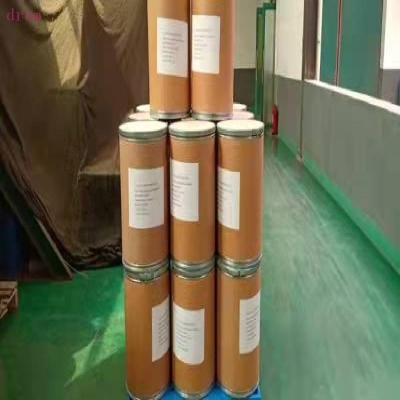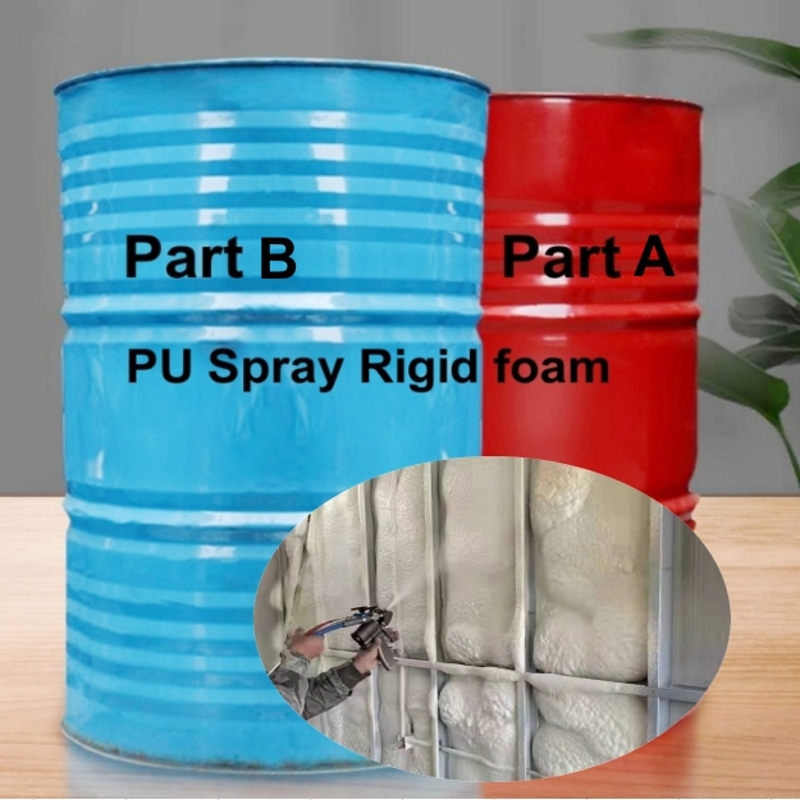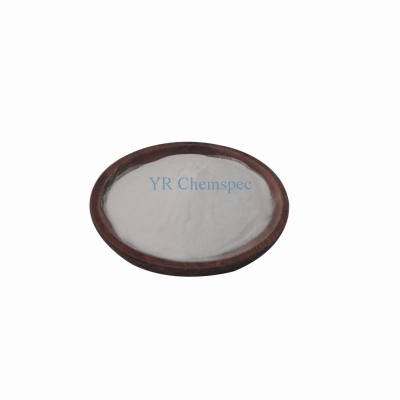-
Categories
-
Pharmaceutical Intermediates
-
Active Pharmaceutical Ingredients
-
Food Additives
- Industrial Coatings
- Agrochemicals
- Dyes and Pigments
- Surfactant
- Flavors and Fragrances
- Chemical Reagents
- Catalyst and Auxiliary
- Natural Products
- Inorganic Chemistry
-
Organic Chemistry
-
Biochemical Engineering
- Analytical Chemistry
- Cosmetic Ingredient
-
Pharmaceutical Intermediates
Promotion
ECHEMI Mall
Wholesale
Weekly Price
Exhibition
News
-
Trade Service
In recent years, with the technical update of photovoltaic modules and photovoltaic system components and the optimization of standard coverage, the compliance testing of related products has also changed
.
ICAS New Energy Laboratory Testing Technology Engineer, a leading technical service organization for quality assurance of photovoltaic products and components, introduced that the update of relevant standards will directly affect the certification
of products.
At present, the update of the widely used IEC (International Electrotechnical Commission) 61215 standard has attracted the attention
of photovoltaic product manufacturers.
It is reported that due to the change of the test sequence in the new version of the IEC standard, the new standard has been increased to 10 pieces
.
In addition, an initialization process step is added between the initial visual inspection of the module and the power test, with crystalline silicon components being pre-processed and thin-film components not required
.
In recent years, monitoring has found that photovoltaic modules generally have various quality problems, such as hot spots, cracks and power attenuation, which have a serious impact on the power generation, KPI indicators, power station revenue and daily operation and maintenance of power stations, and the quality problems of photovoltaic modules have been around for a long time
.
Based on the objective situation of ICAS, ICAS New Energy Laboratory solves the problem of
hot spot phenomenon and cause analysis of modules and PID power attenuation of crystalline silicon modules.
Generally speaking, after the completion of the power station, over time, the photo-induced attenuation and year-by-year attenuation rate and other attenuation factors of the module itself in the first year are objectively existing and inevitable, and the actual installed capacity will decrease
year by year.
For photovoltaic modules and related photovoltaic system components, everyone understands that specific products need to have product certification
.
As an important basis for product certification, with the technical update of products and the optimization of standard coverage, the standards involved will also be in the process of
continuous optimization and revision.
Founded in 1906, IEC is responsible for international standardization in the field of electrical and electronic engineering
.
IEC has its own independent technical committee TC82
for the photovoltaic sector.
The committee was established in 1981 and contains several working groups (WG2), of which WG2 is a working group for photovoltaic modules, responsible for the development
of photovoltaic module standards.
In recent years, with the technical update of photovoltaic modules and photovoltaic system components and the optimization of standard coverage, the compliance testing of related products has also changed
.
ICAS New Energy Laboratory Testing Technology Engineer, a leading technical service organization for quality assurance of photovoltaic products and components, introduced that the update of relevant standards will directly affect the certification
of products.
At present, the update of the widely used IEC (International Electrotechnical Commission) 61215 standard has attracted the attention
of photovoltaic product manufacturers.
It is reported that due to the change of the test sequence in the new version of the IEC standard, the new standard has been increased to 10 pieces
.
In addition, an initialization process step is added between the initial visual inspection of the module and the power test, with crystalline silicon components being pre-processed and thin-film components not required
.
In recent years, monitoring has found that photovoltaic modules generally have various quality problems, such as hot spots, cracks and power attenuation, which have a serious impact on the power generation, KPI indicators, power station revenue and daily operation and maintenance of power stations, and the quality problems of photovoltaic modules have been around for a long time
.
Based on the objective situation of ICAS, ICAS New Energy Laboratory solves the problem of
hot spot phenomenon and cause analysis of modules and PID power attenuation of crystalline silicon modules.
Generally speaking, after the completion of the power station, over time, the photo-induced attenuation and year-by-year attenuation rate and other attenuation factors of the module itself in the first year are objectively existing and inevitable, and the actual installed capacity will decrease
year by year.
For photovoltaic modules and related photovoltaic system components, everyone understands that specific products need to have product certification
.
As an important basis for product certification, with the technical update of products and the optimization of standard coverage, the standards involved will also be in the process of
continuous optimization and revision.
Founded in 1906, IEC is responsible for international standardization in the field of electrical and electronic engineering
.
IEC has its own independent technical committee TC82
for the photovoltaic sector.
The committee was established in 1981 and contains several working groups (WG2), of which WG2 is a working group for photovoltaic modules, responsible for the development
of photovoltaic module standards.







